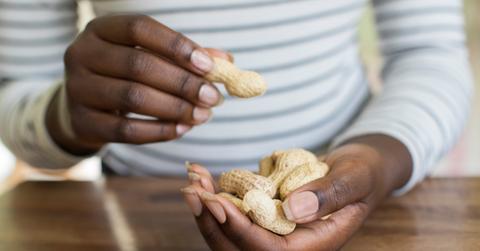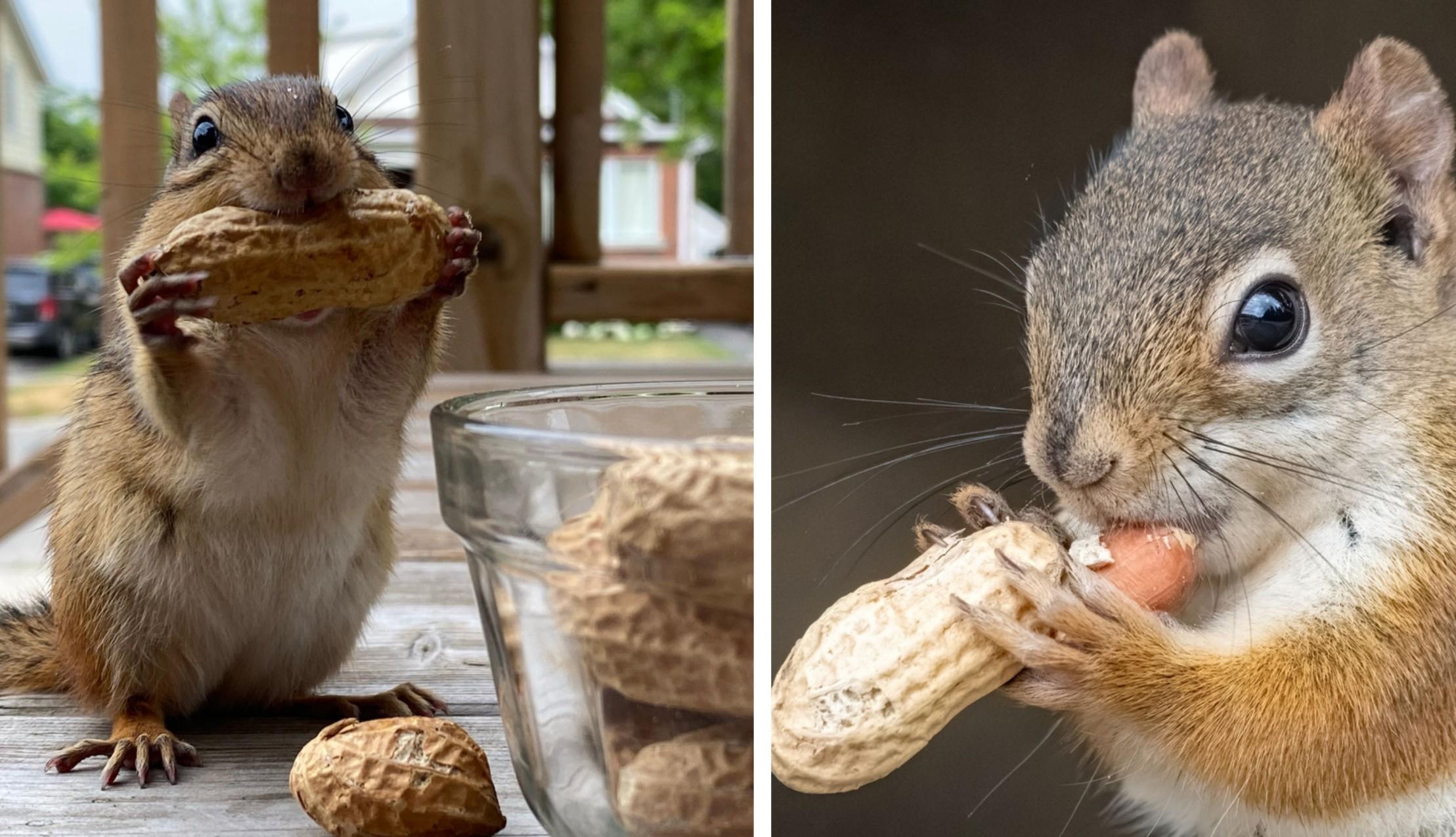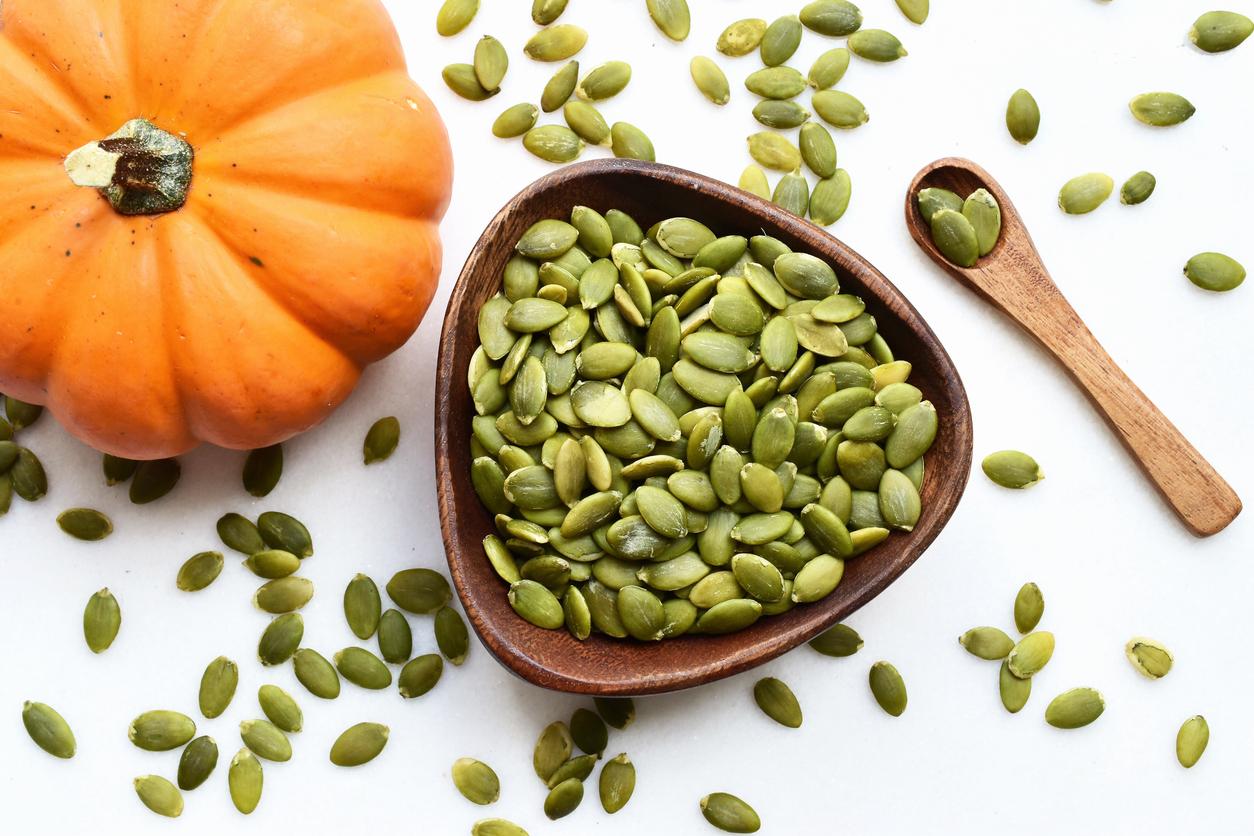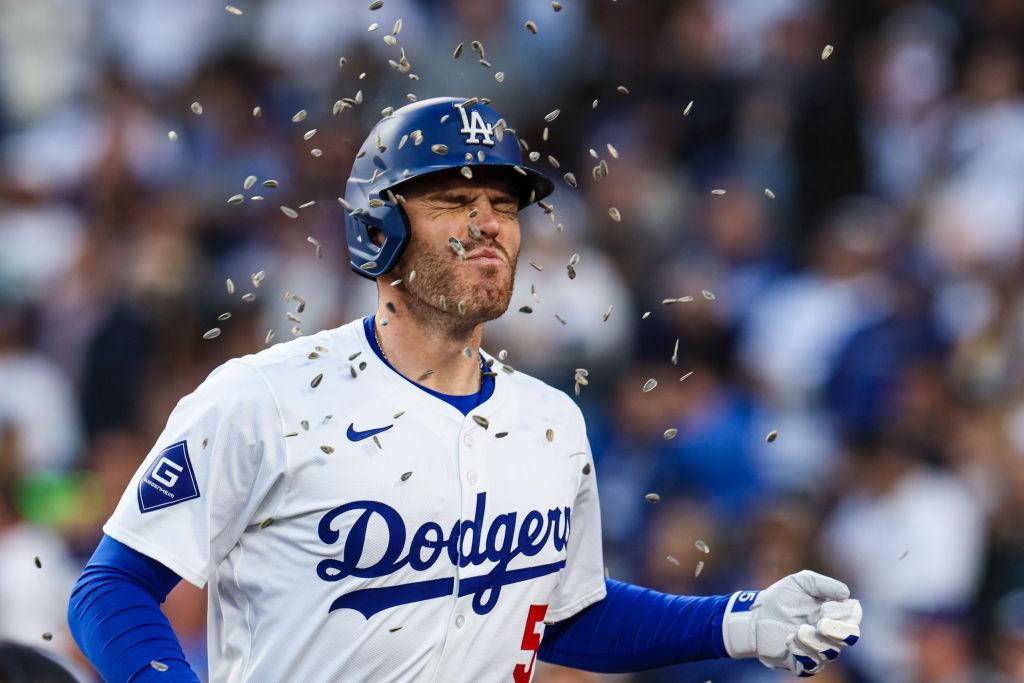Can You Eat Peanut Shells? Exploring This Extra Crunchy Trend
I'll take my peanuts shell-free, thank you very much.
Published June 10 2024, 12:31 p.m. ET

I like to think of the nutritional powerhouse peanuts as every bit as versatile and delicious as Samwise Gamgee's affinity for potatoes in The Lord of the Rings' — "boil 'em, mash 'em, stick 'em in a stew" — but I never once thought to consume peanuts with their shells still intact.
Some people are consuming peanuts with the shell still on, claiming the health benefits and taste are worth the unconventional method.
Is there any truth to this trend? Is it safe to consume peanut shells, or are the shells best left discarded? Let's explore why people are eating peanuts with the shells still on, and discover the pros and cons of doing so.

Can you eat peanut shells?
You are neither a chipmunk nor a squirrel, so you understandably may be wondering if it's safe to consume peanut shells. According to Livestrong.com, there are some people who consume peanut shells, perhaps due to their salty flavor, crunchy texture, and fiber content.
That sentiment is echoed by writer Matthew Kassel, who wrote in MyRecipes that he enjoys consuming the peanut shell whole, with the peanut inside.
"Most people who have witnessed me eating peanuts whole have either shuddered in revulsion or wondered incredulously if I am actually serious," Kassel wrote in the article before citing the "gustatory reasons," aka, he enjoys the "explosion of sodium" taste accompanying a salted shell rather than the "earthy" taste of an unsalted shell.
However, as Livestrong.com notes, if your peanuts are conventional and nor organic, the shell may be contaminated due to the pesticides used during the growth of the peanut. Additionally, a peanut's shell is about 60 percent crude fiber. Crude fiber is the indigestible type of fiber, according to YSI, an environmental resource company.
Further extrapolated, consuming too much of a peanut's shell can cause gastrointestinal distress and place a burden on the intestines. If a mass is formed and cannot pass, surgery may be required.
Finally, in rare instances, if you notice you or a family member developing peanut shell cravings, it may be a sign of what's known as pica, or the consumption of non-nutritious non-food items. Per Nouveau Santé, this disordered eating behavior may have other long-term health effects as well.
One man developed colitis after consuming peanut shells, thus causing inflammation of the lining of his colon. If you suspect any disordered eating patterns or health concerns, seek professional help immediately.

Can you eat pumpkin seed shells?
If consuming peanut shells may lead to pesticide problems, disordered eating habits, and colon concerns, what about the nutritional benefits of pumpkin seeds? According to nutrition expert Lizzie Streit, M.S., R.D.N., L.D., pumpkin seed shells are safe for most people to eat.
As Streit wrote in Healthline, the shells offer twice the beneficial fiber content of commercially sold shelled pumpkin seeds, as well as iron, zinc, magnesium, and copper.
It's important to note that if you are an individual with Crohn's disease, inflammatory bowel disease, or any condition in which your fiber intake needs to be monitored, consult with a medical professional before making modifications to your diet.
Otherwise, the pumpkin seeds from your Halloween pumpkins may be roasted and enjoyed with a dash of cinnamon.

Can you eat sunflower seed shells?
Ask any Little League baseball player with a fistful of sunflower seeds stored in their cheek like their favorite professional baseball player, and they'll tell you that the occasional accidentally swallowed sunflower seed is inevitable. However, is it safe?
Per Healthline, you should not consume sunflower seed shells due in part to their high content of insoluble fiber.
Yes, the same sunflower seeds that attract birds to your outdoor feeder are roasted with shells intact and seasoned with all sorts of delicious flavors for humans. However, the edible kernel must be removed from the shell before swallowing, lest you have a team of gassy baseball players and fans with upset stomachs.